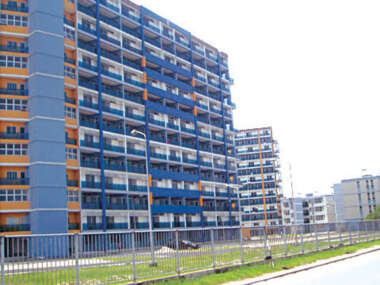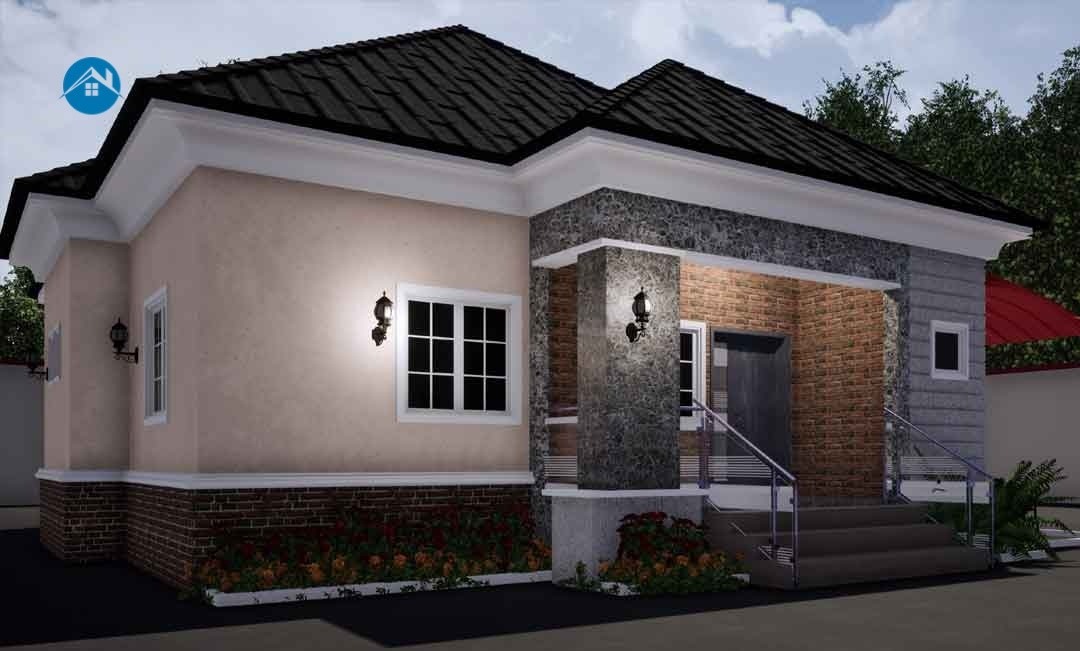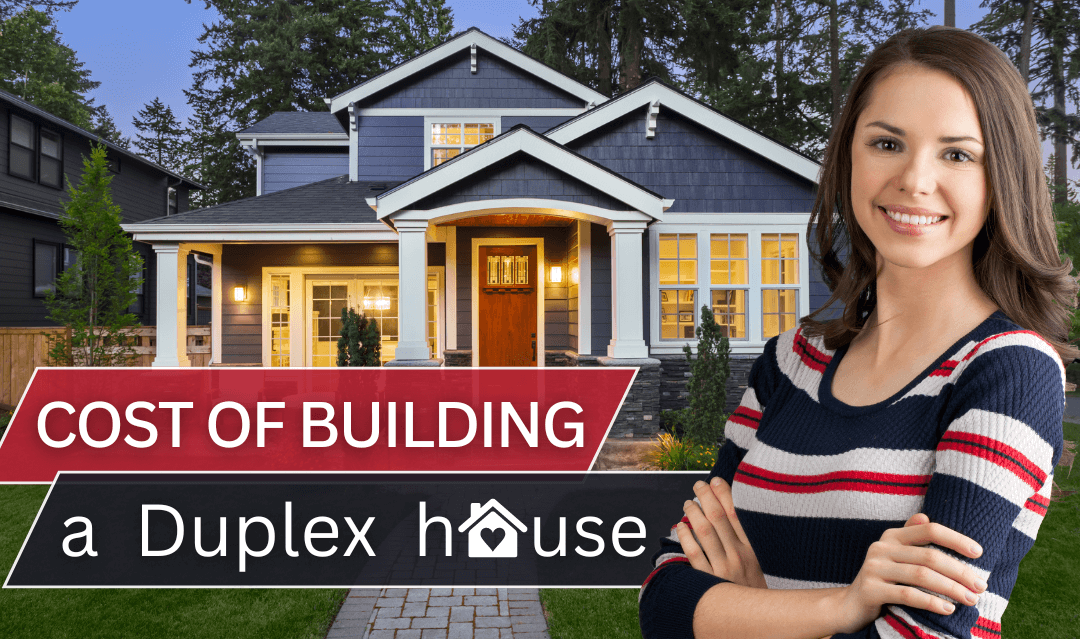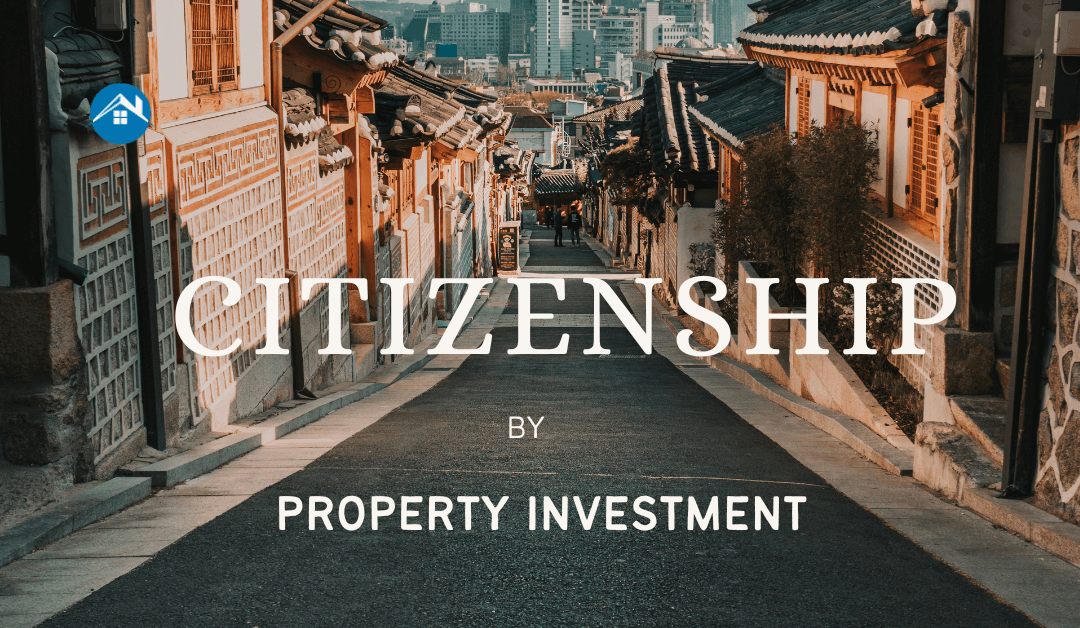Understanding the factors that impact property value in Nigeria is essential for homeowners, investors, and real estate professionals. Knowing what makes property value increase can help you make strategic decisions, whether you’re selling, buying, or investing in property. Here are 12 factors that will affect property value in Nigeria and how they can influence the market.
1. Location of the Property
The classic real estate principle “location, location, location” holds true in Nigeria as well. Properties located in prime areas like Lagos, Abuja, and Port Harcourt often see higher values. Access to essential services, schools, and business districts increases desirability, making properties more valuable.
2. Neighborhood Safety and Security
In Nigeria, the level of security in an area directly influences property value. Low crime rates and proximity to secure locations increase a property’s value, as buyers prioritize safety. Conversely, high-crime areas or those perceived as unsafe often have lower property values.
3. Size and Layout of the Property
The size of a property, including its land and building, is a significant economic factor that will affect property value. Larger properties generally command higher prices, but layout also plays a role. Well-designed layouts that maximize space and offer functional rooms are more appealing to potential buyers, contributing to property value increases.
4. Age and Condition of the Property
A property’s age and condition significantly affect its market value. Properties in newer or well-maintained conditions often attract higher valuations. On the other hand, properties requiring substantial repairs or renovations may see their value drop. Regular maintenance helps increase property value by making the home more attractive to buyers.
5. Market Conditions
The overall economic climate plays a crucial role in property values across Nigeria. In a strong market where demand outweighs supply, property prices tend to rise. However, during economic downturns or high-interest rates, prices may stall or even drop. Staying informed about current economic factors that will affect property value investment rate is essential for anyone in real estate.
6. Property Upgrades and Renovations
Investing in upgrades can notably increase the value of your property. Popular upgrades in Nigeria include modern kitchens, quality bathroom fittings, and energy-efficient features. These improvements not only increase appeal but also help justify a higher asking price. Renovations that enhance functionality and curb appeal are especially valuable.
7. Proximity to Quality Schools
For families, proximity to reputable schools is a priority when purchasing property. Homes located near top-rated schools tend to increase property value due to their appeal to family-oriented buyers. Nigerian cities with good schools often see higher property values, especially in areas with limited school options.
8. Infrastructure and Development Plans
Areas with well-maintained infrastructure, such as good roads and reliable utilities, are generally more attractive. Upcoming developments, such as new highways, malls, or residential estates, can also increase property value by transforming neighborhoods. Staying aware of future infrastructure projects is essential for anticipating property value increases.
9. Access to Employment Opportunities
The location of a property relative to employment hubs affects its market value. Properties closer to business districts and job centers, such as Victoria Island or the Abuja CBD, are often more valuable due to reduced commute times. This convenience is a significant selling point, especially in Nigeria’s bustling urban areas.
10. Crime Rates in the Area
Safety concerns are a top consideration for many Nigerian property buyers. Neighborhoods with lower crime rates tend to have higher property values. Additionally, areas that have seen improvements in safety, possibly through community efforts or local government interventions, often experience a property value increase over time.
11. Nearby Amenities and Facilities
The availability of nearby amenities like shopping centers, parks, and entertainment venues can positively impact property value. Access to these facilities adds convenience and attractiveness to a property, making it more appealing to potential buyers. Neighborhoods with ample amenities often have more stable and sometimes increasing property values.
12. Property Taxes and Regulations
Property taxes in Nigeria, though often overlooked, are an important factor for buyers. Regions with lower property taxes can attract more interest, driving demand and possibly increasing property values. On the other hand, high property taxes or stringent regulations can make a property less desirable, impacting its marketability.
Conclusion
The 12 factors that will affect property value in Nigeria show that a combination of location, economic conditions, infrastructure, and market demands all play a role. For anyone seeking to buy, sell, or invest in property, understanding these dynamics is crucial. With strategic upgrades and awareness of economic trends, you can better position your property for a favorable return on investment.
These insights are essential for Nigerians looking to make informed real estate decisions.






